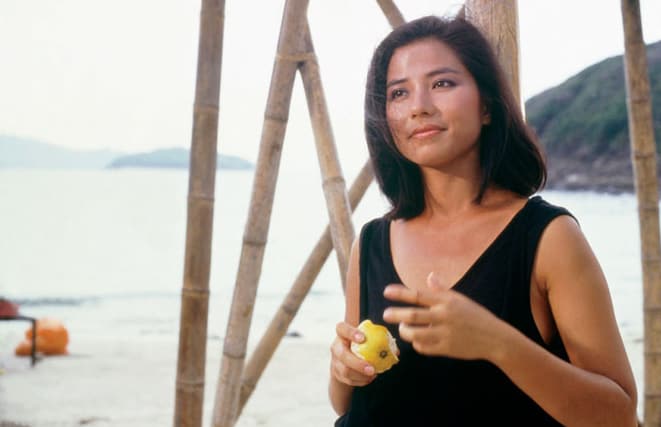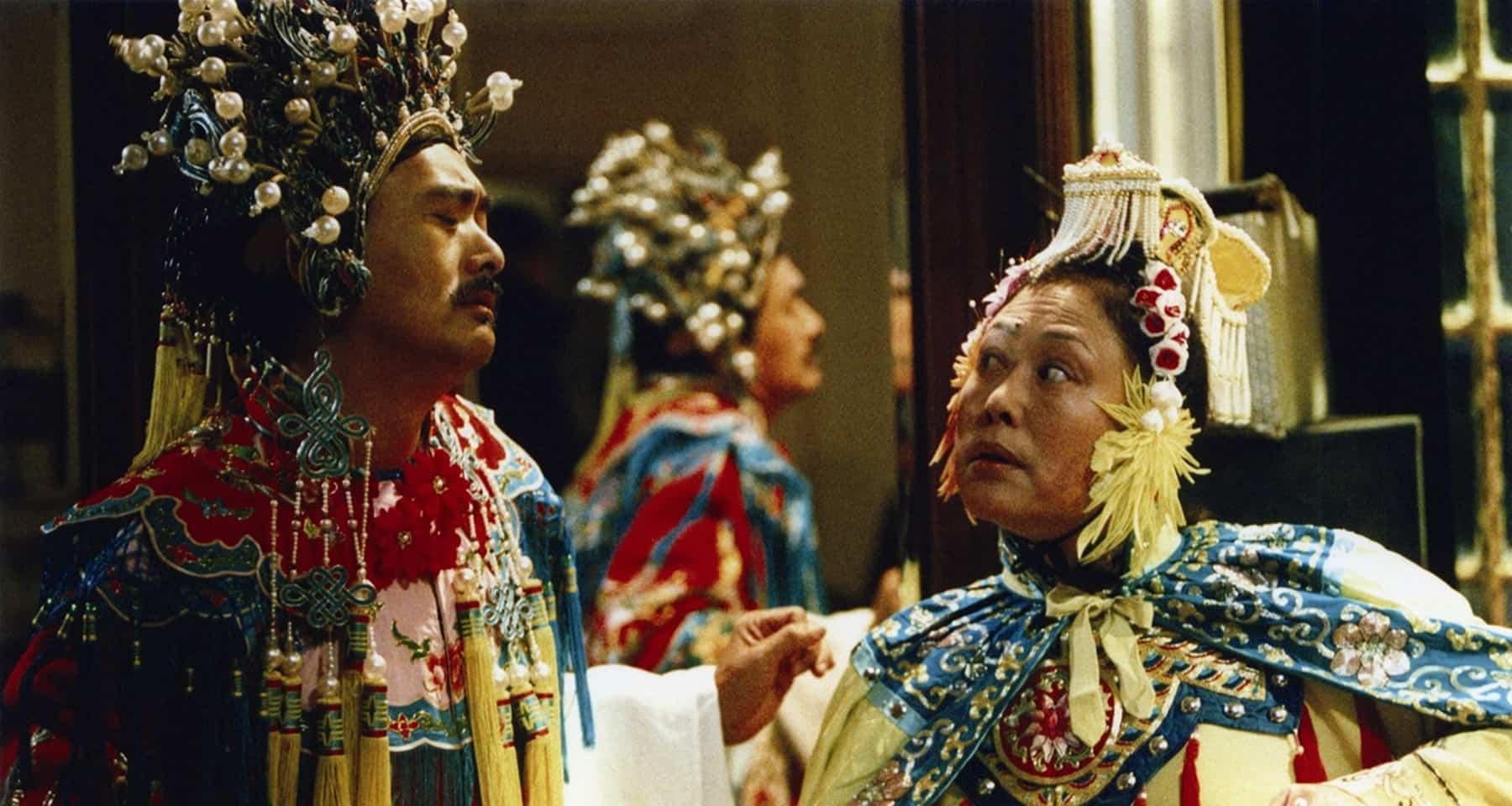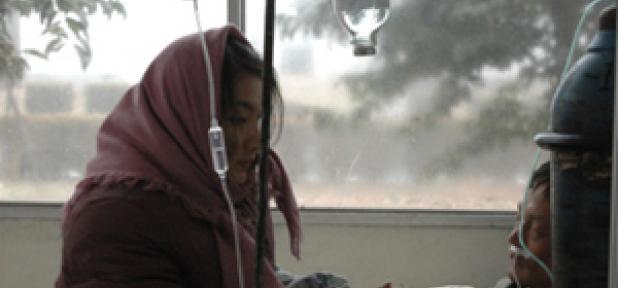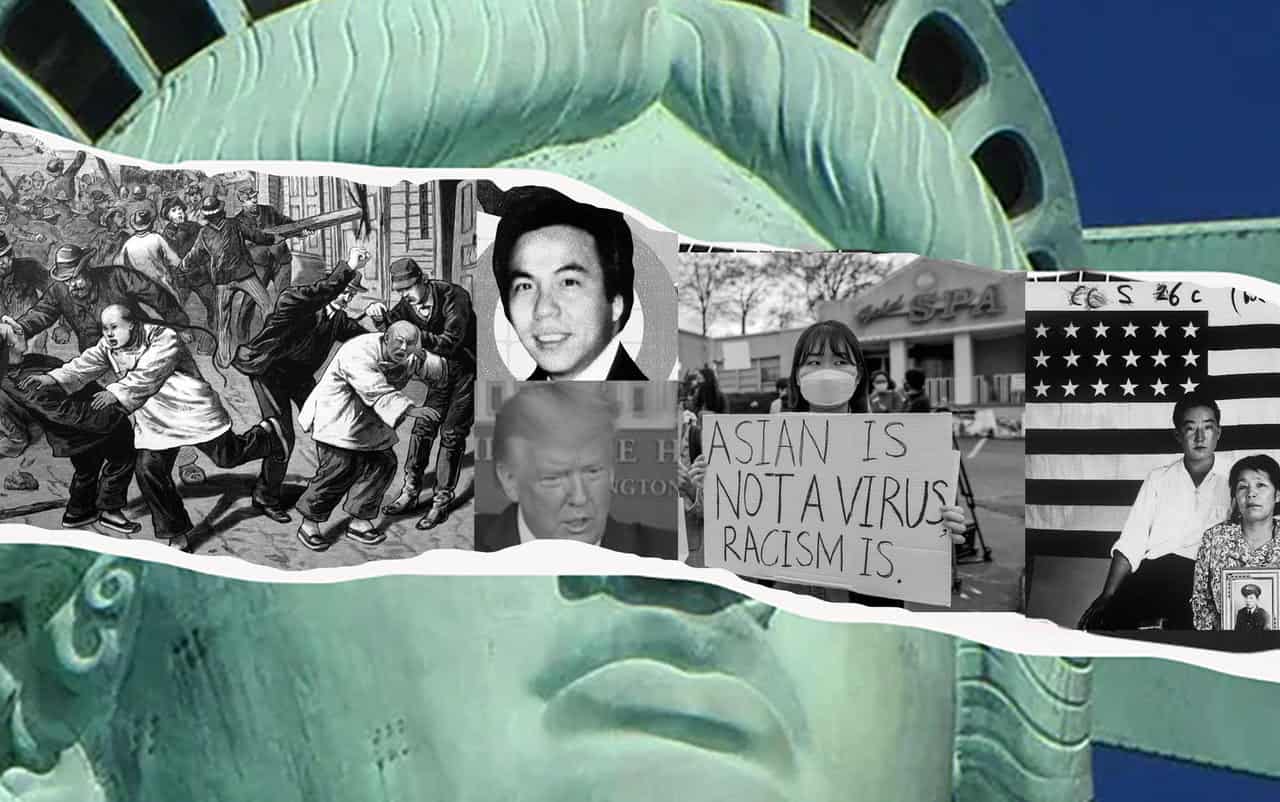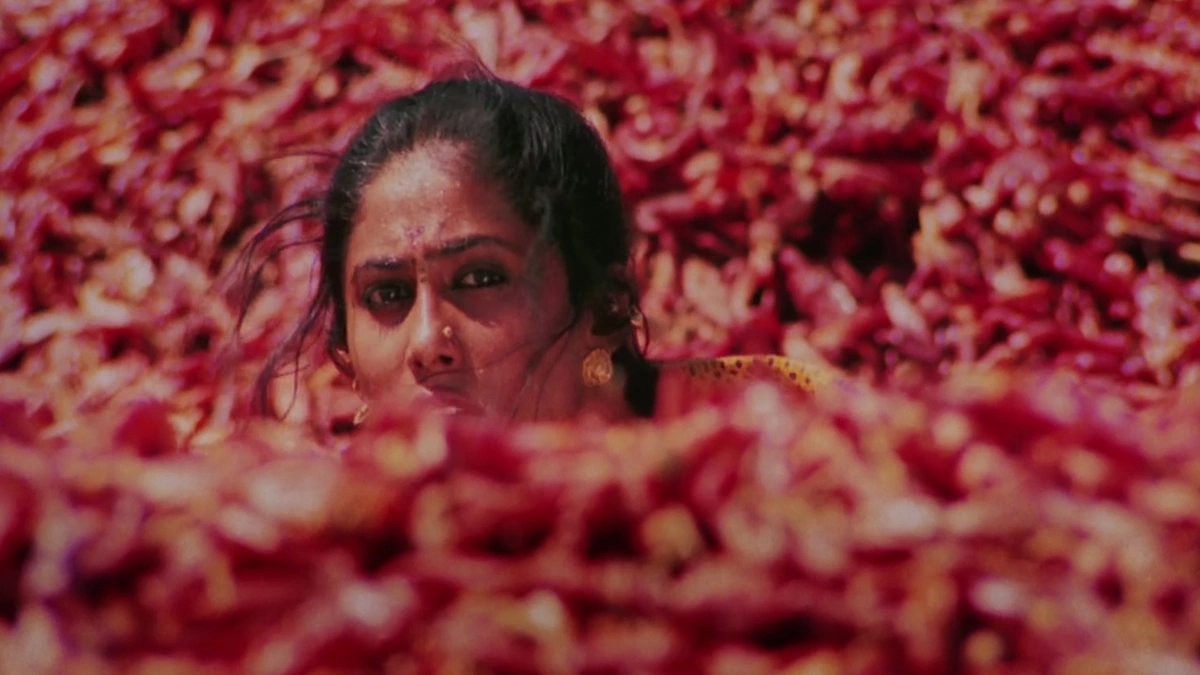While Patrick Tam is internationally well-known for being the mentor of Wong Kar-Wai, his directorial efforts are hardly less impressive than his mentee. Since his debut feature, “The Sword”, he has directed movies with a strong sense of aesthetics and vigorous narratives with a tinge of melancholy. His 1984 release, “Cherie”, follows the same route.
The movie opens with a businessman getting interested in an exercise instructor, whose name is later revealed to be Cherie. The businessman and his assistant try numerous ways to gain the affection of the girl, often resulting in fremdscham-inducing moments. From candlelit dinners in a yacht to expensive dresses as gift, the businessman uses every trick in his arsenal, but is dismayed when Cherie turns her fondness to a photographer with an acute interest in art and aesthetics. She increasingly falls for the photographer. However, there is a problem: he shuns the idea of marriage.
“Cherie” is presented as a comedy. The comic elements are problematic at times, but mostly retain the harmless laugh-inducing spirit as to be expected from such films. However, melancholy remains a constant force. The playfulness of the film and of the characters is an intentional contrast to the striking sadness just below the surface. Not unlike “Nomad” and “Love Massacre”, Tam provides his protagonist with existential crisis, although in a comparatively weaker measure. Cherie, played beautifully by Cherie Chung, is a superbly crafted character. She is an enigma, leading to pursuits from men from different walks of life. In the beginning, she seems smart enough to overcome the men and their attention towards her. However, even she cannot escape the trap of dreamy tenderness of love. Innocent of the blatant reality of life, where every friendship can be bought by money, and no deed cannot be committed with the hope of fulfilment of desire, Cherie becomes a prey for men. The beauty of her character is that she never remains an easy prey. In a striking moment, her innocence and goodness are underestimated by the men and they pay for it. As the movie nears completion, the focus is on Cherie and whether she can be strong enough to create a space for herself without being torn in the process.
Tam displays the predatory instinct of patriarchy, where women are only viewed as objects, mostly of desire. This objectification occurs at all levels, and some women ever help to the patriarchal cause, wilfully turning themselves to mere gadgets in the game of male ambition. They become as unimportant as a speck of dust and their profit is the temporary fulfilment of desire, be it societal, monetary or physical. Even an enigmatic character like Cherie cannot totally escape from the monstrous grip with the two men clearly treating her as objects. The photographer, inclined towards artistic fulfilment, uses her as an artifact, with his love limiting itself to physicality. The businessman is exactly the same, stalking her beyond limits and trying to win her affection for the sole purpose of a sexual encounter. The two are distinct in their ways to have her, displaying the two sides of socially believable attractiveness, both turned corrupt by the heartlessness of man. When it becomes a three way contest, with Cherie a competitive force, the movie reaches its true goal: a criticism of society by the means of a farcical observation of patriarchal domination.
Cherie Chung embodies the spirit of the eponymous character, providing enough charm to captivate the audience. Tony Leung Ka-Fai plays the art-hungry photographer and notable director Chor Yuen plays the businessman, both of them helping towards the success of the movie's execution. Bill Wong returns as a cinematographer here, having previously worked with Tam in “Nomad”. Tam's signature style seems to subdued in the film. While colours appear at times, as striking as expected from his directorials, it is not as aggressive as his previous features. Wong handles the cinematography well, working with a different style than their last collaboration. The set design remains as impeccable as ever.
“Cherie” is a brilliantly executed film, where comedy only serves a contrasting feature to melancholy, but never leaves the scene completely. Boasting of an astonishing performance by Cherie Cheung, it becomes a colourful feather in Tam's directorial hat.


